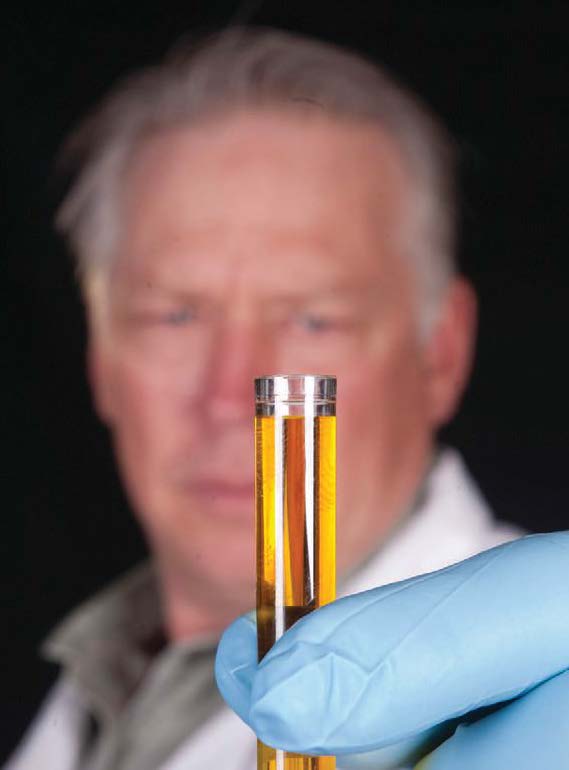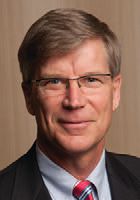In praise of STLE’s thought leaders
Rob Heverly | TLT President's Report August 2013
They are the first cause in creating the products that keep the world moving.

The rest of us are wise to heed the warning our thought leaders are sounding on diminishing levels of research funding.
www.canstockphoto.com
ONE AREA WHERE STLE DEPARTS from many other professional societies and trade associations is membership composition. Organizations like STLE typically serve one primary occupation, which means that a benefit created for one member tends to work for all.
STLE casts a much broader membership net. Because our organization serves so many different areas of lubrication engineering and tribology research, it’s easy to come up with at least 10 or so different job titles all fitting under the STLE name. Some STLE members manage lube programs for multimillion- dollar pieces of machinery; others run the mechanical engineering departments in major universities. This makes creating member services a trickier proposition.
To help meet this challenge, earlier this year STLE commissioned Association Laboratory Inc. (ALI), a Chicago-based consultancy, to learn more about the issues our members deem most important to their employers and their individual jobs. The survey was conducted in March and April, and 538 members took the time to participate, an impressive 15% response rate.
The ALI report was revealing, particularly for that category of membership we call “thought leaders.” These are the people whose primary function is conducting the technical research that results in the commercial products the rest of us sell, service and support.
How do thought leaders differ from STLE’s industrial members? According to the ALI report, thought leaders:
•
Perceive different environmental threats
•
Seek different types of information
•
Place value on different member benefits
•
Rely on different information sources
•
Seek information on different topics.
What does this mean in practical terms? The ALI report was revealing there, too. When asked about the three external and market forces that will have the most impact on their organizations, both the industry and research sides of STLE agreed on the No. 1 trend—global economic uncertainty. But thought leaders listed the next two critical trends as:
•
Failure to translate technical advances into practical applications
•
Reduction in government funding for research.
In contrast, lubricant manufacturers and suppliers listed their next two key market forces as:
•
Increasing pressure for environmental regulation/scrutiny within our industry
•
Increasing cost of regulatory compliance.
Digging beyond the top three responses, other areas that our thought leaders emphasized far more heavily than their industry counterparts included:
•
Reduction in commercial and independent funding research.
•
Fewer young technicians or scientists entering the tribology and lubrication fields.
The rest of us are wise to heed the warning our thought leaders are sounding on diminishing levels of research funding. After all, no new research, no new products.
How well is STLE meeting the challenge of serving our members? I’m happy to report the news is encouraging on this front. According to the ALI report:
•
More than half of STLE’s members are highly satisfied with the organization, and almost all others are moderately satisfied.
•
70 percent of STLE members expect to continue their membership.
•
More than half our members rate their satisfaction level as either a six or seven on a 1-to-7 scale.
•
Employers, who typically pay their employee’s dues, also see value in the society.
So please join me in tipping our collective hats to this critically important category of STLE membership. Thank you, thought leaders, for being the first cause in creating the products that keep the world moving.
 Representing the Houston area, Rob Heverly is a technical sales representative for Vanderbilt Chemicals, LLC, in Norwalk, Conn. You can reach him at rheverly@vanderbiltchemicals.com
Representing the Houston area, Rob Heverly is a technical sales representative for Vanderbilt Chemicals, LLC, in Norwalk, Conn. You can reach him at rheverly@vanderbiltchemicals.com.